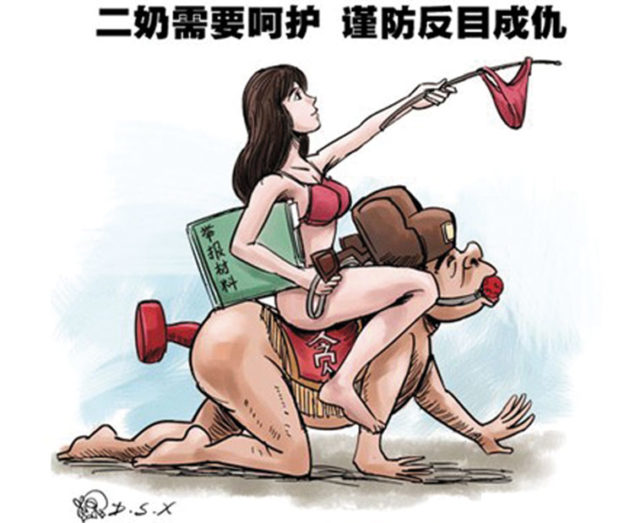THE SYSTEMIC BENEFITS OF THE HU-WEN DECADE
In March 2012, the website Consensus Network (Gongshi wang 共识网) at 21ccom.net published an article by Ding Yang entitled ‘The systemic benefits of the Hu-Wen decade’. The benefits were:
- the abolition of the agricultural tax on 800 million peasants
- the expenditure of 100 billion yuan on agricultural subsidies and insurance
- the abolition of the system of forced repatriation of migrant workers
- and the facilitation of the flow of people between regions
- the promulgation of the ‘Private Business Statute’ and the protection of private property
- continued progress towards open government, with the result that people like ‘Watch Brother’ (biaoge 表哥) could ‘fall from his horse’ (for ‘Watch Brother’, see pages 335 and 377).
- improvements in the system for holding public officials accountable and the removal of offenders from their positions
- transformation of the functions of government and the expansion of the NGO sector
- persevering with Opening and Reform and refusing to retreat.
THE TOP TEN REASONS FOR FALLING FROM POWER
In December 2012, the China Economic Times (Zhongguo jingji shibao 中国经济时报), a daily newspaper published under the aegis of the State Council’s Development Research Centre, carried an article listing the ten most common factors that led to the dismissals of county-level Communist Party secretaries that year. As expected, graft and bribes featured prominently, but so did drunken behaviour and inappropriate conduct in relation to the media:
- taking bribes, including the excessive exchange of Spring Festival [Chinese New Year] gifts, the selling of public offices and collusion
- failure to placate public outrage, including demolishing people’s houses without proper compensation and not handling mass incidents properly
- safety scandals, including mining disasters
- breaches of discipline, including rising through the ranks too rapidly and purchasing vehicles illegally
- criminal offences, including murder and the deliberate injury of others
- inappropriate behaviour towards the media, including the use of subpoenas to force journalists to go to Beijing, and posting illegal content on the Internet
- inappropriate behaviour and speech while under the influence of alcohol (one instance of either of these is enough to lead to dismissal)
- graft, including stealing public money or spending it for private purposes



